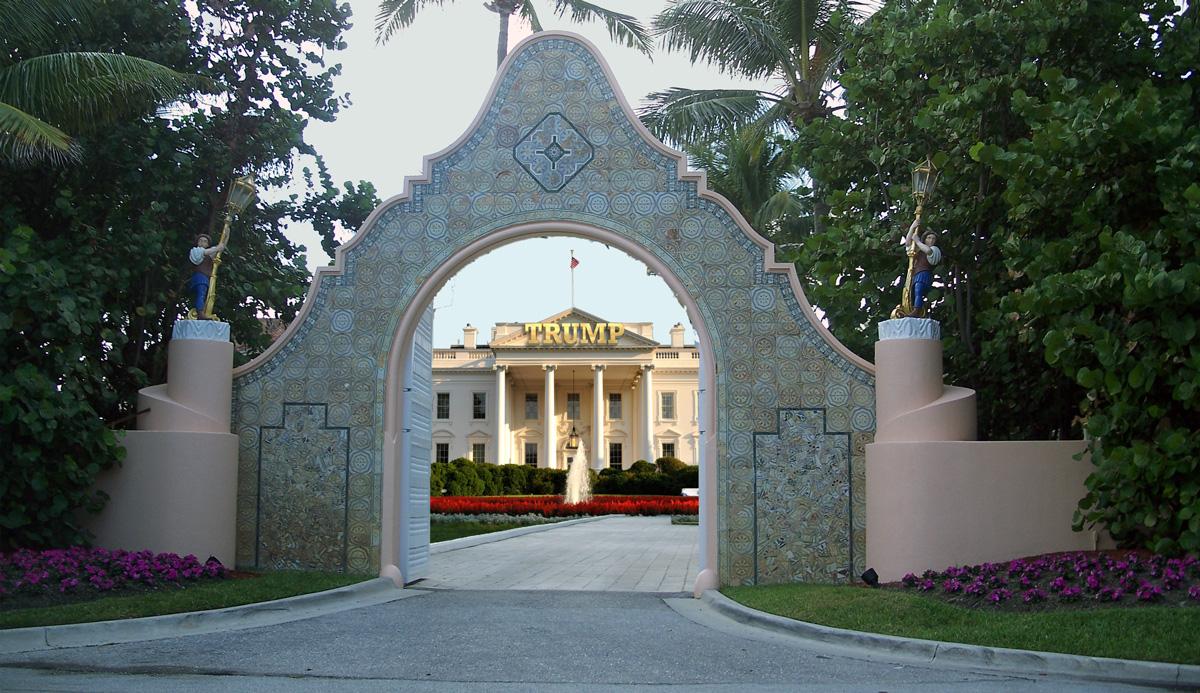Washington, D.C., January 8, 2019 - The National Security Archive, together with the Knight First Amendment Institute at Columbia University and the Citizens for Responsibility and Ethics in Washington (CREW), is continuing the fight to open the White House visitor logs and the records of presidential visitors to Trump properties, including Mar-a-Lago. The Obama administration routinely released the logs, which are created and controlled by the Secret Service, with no harm to national security or personal privacy.
The three organizations filed an appeal in the Second Circuit this week, arguing that the logs are agency records clearly subject to the FOIA, not presidential records that only become available starting five years after the president leaves office. The appeal challenges the district court decision that effectively let “the Secret Service hide their records of everyone who lobbies the President," according to Archive Director Tom Blanton. In the district court decision, Judge Katherine Polk Failla of the Southern District of New York relied on a 2013 D.C. Circuit ruling in finding that the visitor logs for core White House offices are not subject to the FOIA, although she agreed that certain other parts of the Executive Office of the President are covered.
The Secret Service has already admitted during the course of the lawsuit that it maintains no records system for tracking the president's visitors at Mar-a-Lago and other Trump properties, meaning anyone - foreign lobbyists and otherwise - can pay for access to the president without being vetted or recorded. A recent New York Times story reports, however, that the Secret Service did compile a “screening list” of Mar-a-Lago employees to conduct background checks; the screening list included the employee names, addresses, Social Security numbers, and other details.
The only record the government has released so far in response to the Archive’s FOIA suit is one document, totaling two pages, concerning the visit of Japanese Prime Minister Shinzo Abe - this after United States Attorney Sarah S. Normand told Judge Failla and the plaintiffs that DHS would produce all the visitor logs, of which the DOJ said there was a “substantial” amount “numbering in the hundreds.”
The documents

Document 1
FOIA lawsuit
Appeal in Doyle v. DHS argues that White House visitor logs and the records of presidential visitors to Trump properties are agency records subject to FOIA, not presidential records.

Document 2
FOIA lawsuit
Joint Appendix in appeal filed for Doyle v. DHS

